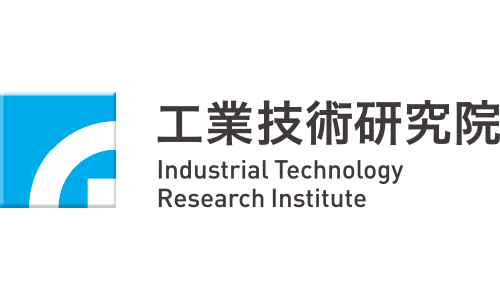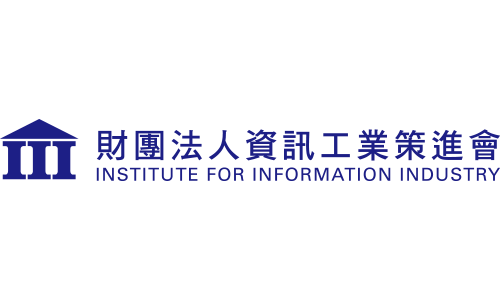TOGETHER, WE
RESPOND
FASTER
CYBERSEC 2019
Taipei International Convention Center
Taipei World Trade Center Hall 1, 2F
Think Like Great Minds – Why Top IT managers see NAC compulsory
Post on/ | 2019/01/17 11:Thursday

Adrian Cheng, CEO, PIXIS Technology
In 2018, numerous events of data breaches occur despite the size or scales of the leaking corporations. Verizon suggests that 65% of data breaches come from the physical networks, which highlights the network security loophole exposed in this BYOD era. Organizations tend to invest more on the security of perimeters and overlook the local area networks, which sensitive information is easily retrieved.
“We have found the users in Europe and the United States more accepting the concept and importance of Network Access Control,” shares the CEO of PIXIS Technology, Adrian Cheng. “The case is different in APAC countries. Clients here like to think it’s a management tool and can be replaced by time and manpower, so it’s not compulsory. This is actually very dangerous logics to put the local area network in a more risky environment.”
Cheng mentions that the clients with rather simpler networks cannot even track all connected devices, not to mention control the access of them. “This is an era of multiple devices. It is normal for a company with 200 employees to own 500 or more connected devices.” For those organizations with branches, the complexity of management multiplies. In a manpower-limited outpost, it is a better practice for the headquarters to have visibility of the branch network and enforce the policies directly with a centralized management tool.
PIXIS Technology suggests several points for network administrators to evaluate in purchases of such systems. First off, automation is a must. Deploying a system that requires future manual update for operation is a waste of time, cost, and manpower. Secondly, such solution should not rely on switches to perform blocking. In APAC countries non-SNMP manageable switches or hubs still widely exists in networks. A solution relies on switches would be handicapped in such environment, or end up costing the organizations more by upgrading network devices. Last but not least is the future adaptability. IPv6 is picking up in IoT and industry 4.0 venues now. PIXIS Technology suggests organizations to test the capability of solution on IPv6, in case of future potential network upgrade.
Cheng highlights, “PIXIS Technology majorly serve giant enterprises and government sectors now, not because these organizations are sizable, but because they have strong awareness in security.” It is believed that the organizations who get to consult with PIXIS Technology can also gain from the advanced security manage concept of their peer IT managers, and the solutions that PIXIS Technology develops correspondingly.
CYBERSEC 2019 Partners
Endorsed by


Organizer

Co-Organizer


Premiere Technology Partner

Strategic Technology Partner

Diamond Sponsor





Platinum Sponsor



















Gold Sponsor


















































































Exhibitor












Consulting Partner


Supporting Association



















Media Partner

Equipment Sponsor


Cyber Taiwan Pavilion
Endorsed by

Organizer


Co-Organizer

Supporting Association

Cyber Taiwan Pavilion Exhibitor



































